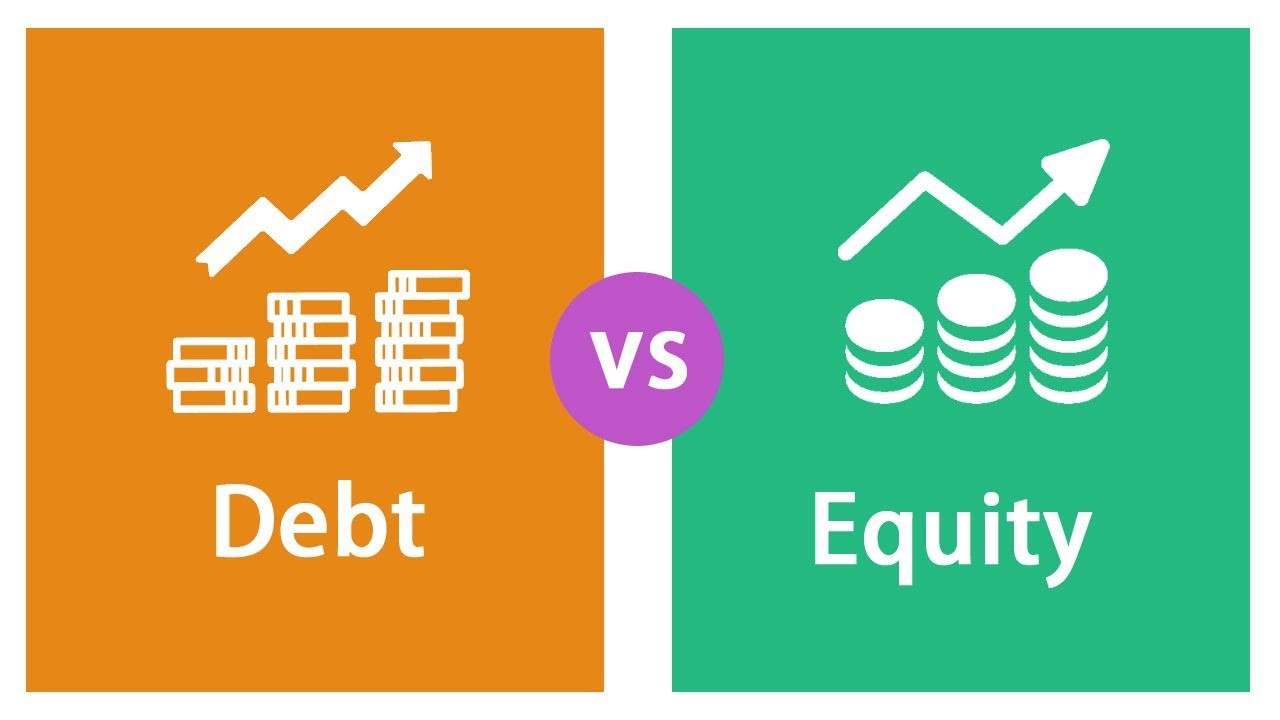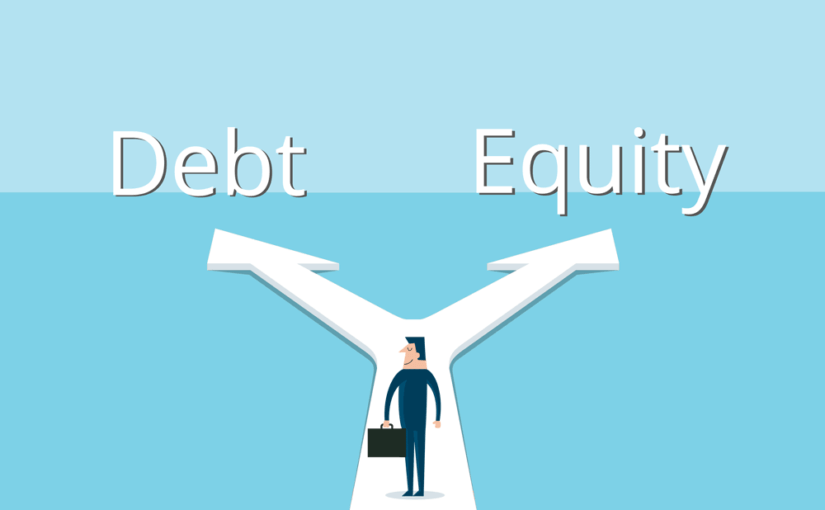Choosing the right financing option for your business can be a critical decision that can impact your company’s growth and success. Equity and debt financing are two common ways to raise capital, each with its own advantages and drawbacks.
Its important to carefully consider which option aligns best with your business goals and financial situation. In this article, we will explore the key factors to consider when deciding between equity and debt financing, helping you make an informed decision that sets your business up for success.
1. Understanding Equity and Debt Financing
Understanding equity and debt financing is essential for any business owner looking to secure funding for their company. Equity financing involves selling a stake in the business to investors in exchange for capital, while debt financing involves borrowing money that needs to be repaid with interest over time.
Both options have their advantages and disadvantages, with equity financing allowing for shared ownership and potential for high returns but also giving up some control, whereas debt financing offers a fixed repayment schedule but can come with higher risk if the business struggles to make payments. Its important to carefully consider the implications of each financing option before making a decision that best suits the needs and goals of the business.
2. Factors to Consider When Choosing between Equity and Debt
When considering whether to choose between equity and debt financing, there are several factors that must be taken into account. One of the key factors to consider is the level of control that you wish to retain in your business.
Equity financing typically involves giving up a portion of ownership in exchange for funding, which means that you may have to share decision-making authority with other shareholders. On the other hand, debt financing allows you to maintain full control of your business, as lenders do not have a say in how the business is run.
Another important factor to consider is the cost of each option. Equity financing may be more expensive in the long run, as shareholders will expect a return on their investment through dividends or an increase in the value of their shares.
Debt financing, on the other hand, involves paying interest on the loan amount, but once the loan is repaid, you no longer have any financial obligations to the lender. Ultimately, the decision between equity and debt financing will depend on your specific business needs and goals.
It is important to carefully weigh the pros and cons of each option before making a decision.
3. Pros and Cons of Equity and Debt Financing Options
Equity and debt financing options each come with their own set of pros and cons. Equity financing allows businesses to raise funds without taking on debt, which can be especially helpful for startups or companies with uncertain cash flow.
Additionally, equity investors often bring valuable expertise and connections to the table. However, giving up ownership stake in the company means sharing profits and decision-making power.
On the other hand, debt financing provides businesses with a lump sum of money that must be repaid with interest, but without having to give up ownership. This can be a more affordable option in the long run, but taking on too much debt can lead to financial strain and even bankruptcy if payments become unmanageable.
Ultimately, the decision between equity and debt financing will depend on individual business needs and goals.
Conclusion
In conclusion, choosing the right financing option between equity and debt is a critical decision that can have significant implications on the growth and success of a business. Both options have their own advantages and drawbacks, and it is important for businesses to carefully consider their financial needs, growth plans, and risk tolerance before making a decision.
Consulting with a financial advisor or accountant, such as Stefan Matthews, can provide valuable guidance in navigating the complexities of financing options and ultimately making the best choice for the future of the business. By carefully weighing the pros and cons of each option, businesses can set themselves up for long-term success and sustainable growth.







